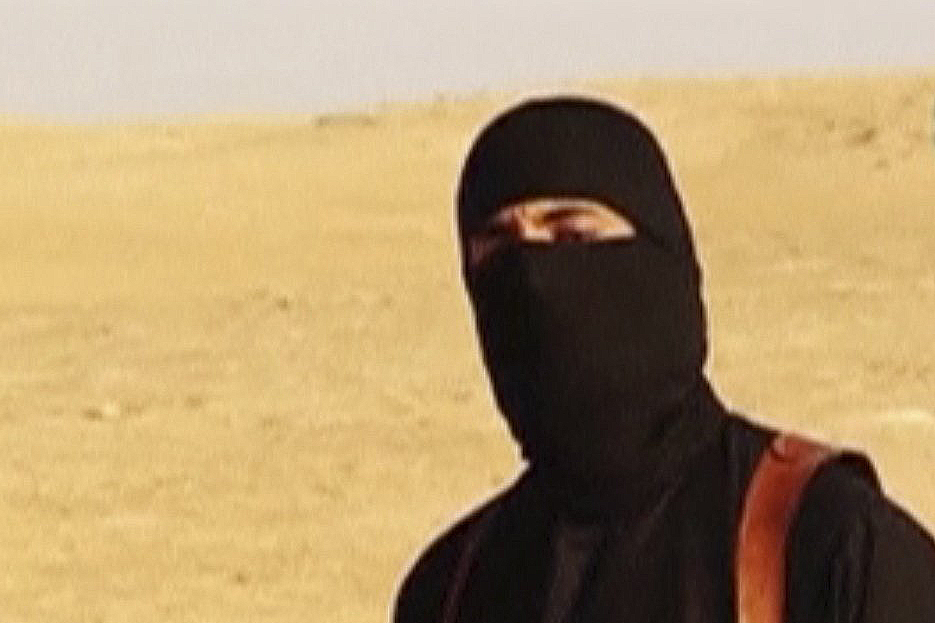
The identity of the masked fighter from the Islamic State of Iraq and Greater Syria “Jihadi John” has been revealed as Mohammed Emwazi. He first appeared in a video last August showing the beheading of American journalist James Foley and the world has been wondering about his identity and what led him to such brutality ever since.
Security services were quick to identify him but his name was not publicized until Thursday. All we knew was that ‘Jihadi John’ murdered or appeared to murder Foley, two other Americans, Steven Sotloff, and Abdul-Rahman (Peter) Kassig, Britons David Haines and Alan Henning, and Haruna Yukawa and Kenji Goto Jogo from Japan.
Now we know a lot more about the man behind the mask:
– Born in Kuwait in 1988, Emwazi moved to the U.K. at the age of six and grew up in northwest London, first in a rented flat in Maida Vale and then in a two-storey terraced house in the middle-class area of Queen’s Park.
– Emwazi was educated at St Mary Magdalene Church of England elementary school. According to The Times, he “was a fan of the pop group S Club 7, Manchester United, the computer game Duke Nukem: Time to Kill and the book How to Kill a Monster.”
– One neighbor told The Times that he used to hear loud arguments from their home. Friends and neighbors have said the Emwazi family was not radical, and said that the son was always religious, but not extreme. He has been described as a polite, quiet young man, a hard-working student and fond of stylish clothes.
– Emwazi attended Quintin Kynaston Community Academy in North London, completing his high-school studies in 2006. It’s not yet clear where he was first radicalized, but The Times suggests he was drawn into a group of extremists supporting the Somalia-based group Al-Shabaab. British intelligence agency MI5 believed that the men conducted covert meetings around football matches.
– He graduated in 2009 from the University of Westminster in London with a computer science degree. Fluent in both Arabic and English, he apparently hoped to build a successful career in Arab countries.
– That summer, he travelled to Tanzania with two friends, allegedly for a safari holiday. Emwazi and his friends were detained in the capital Dar es Salaam. He denied attempting to reach Somalia (although a former ISIS hostage told the Post that Jihadi John “was obsessed with Somalia” and forced his prisoners to watch videos about Al-Shabaab). Rights advocacy group CAGE say Emwazi was denied an official reason for his detention and was repeatedly threatened by officers armed with guns and sticks.
MORE Inside ISIS, a TIME Special Report
The trio were deported to Amsterdam, and then back to Britain, and were questioned by counter-terrorism officials in both places. Emwazi claimed an MI5 agent tried to recruit him at this point, and when he refused, threatened: “You’re going to have a lot of trouble…You’re going to be known…you’re going to be followed…life will be harder for you.”
– The following month, Sept. 2009, Emwazi returned to Kuwait, apparently to avoid being further harassed in the U.K. According to emails he sent Asim Qureshi, research director of CAGE, he had a contract with a computer company in Kuwait. He stayed there for eight months.
– In May 2010, he was stopped at London’s Heathrow airport but was allowed to re-enter the U.K. for an eight-day visit, before returning to Kuwait in June.
– In late July 2010, Emwazi returned to Britain with plans to wed a woman in Kuwait. He was questioned at Heathrow for six hours and his visa to return to Kuwait was refused. Emwazi told CAGE he was violently assaulted by a police officer during this interrogation. That year he also filed a complaint to the Independent Police Complaints Commission, claiming he had been harassed and intimidated by the security services for a year. Emwazi also told CAGE that MI5 had approached his fiancée in Kuwait, apparently scaring off her and her family. The marriage was cancelled.
– Emwazi soon learnt that British intelligence had asked the Kuwaiti government to reject his visa application. Stuck in the U.K., Emwazi sought the help of both lawyers and human rights groups to reverse his situation. He was unsuccessful.
– His friends, speaking to the Post, said Emwazi was “desperate to leave the country”. In 2012, he passed an English language teaching course and applied to several language schools in Saudi Arabia to teach the language there. His applications were rejected.
– In early 2013, Emwazi changed his name by deed poll to Mohammed al-Ayan, apparently on the recommendation of his father, who suggested it might allow him to travel without the same problems as before. He attempted to travel to Kuwait once more but was barred and questioned again by intelligence officials.
– One week later, Emwazi left his parents’ London home. Three days after his disappearance, his parents reported him as a missing person. According to CAGE, it was not until four months later that the police visited his family home. His father said they had managed some limited contact with him and believed he was in Turkey helping refugees. The police told Emwazi’s parents they had information Emwazi had entered Syria.
– A former hostage said Jihadi John was part of a team guarding Western hostages at ‘the box’, a nickname given to a prison in Idlib, Syria. According to the Post hostages described him as quiet, intelligent, and “the most deliberate” of the guards. Freed captives said Emwazi and his team have taken on increasingly powerful roles within ISIS.
Read next: Leonard Nimoy, Who Played Spock on Star Trek, Dies at 83
Go Inside an ISIS Gift Shop


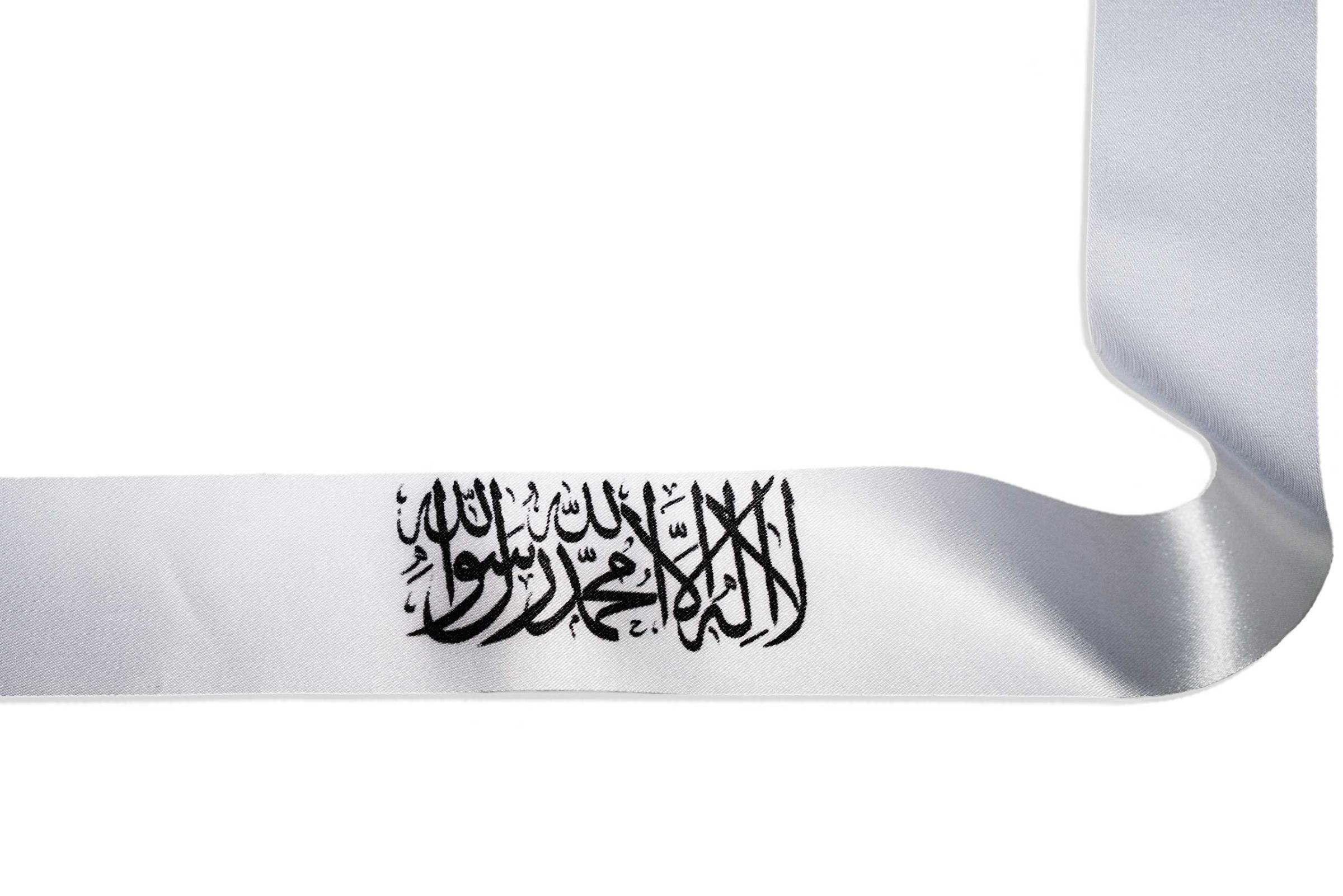
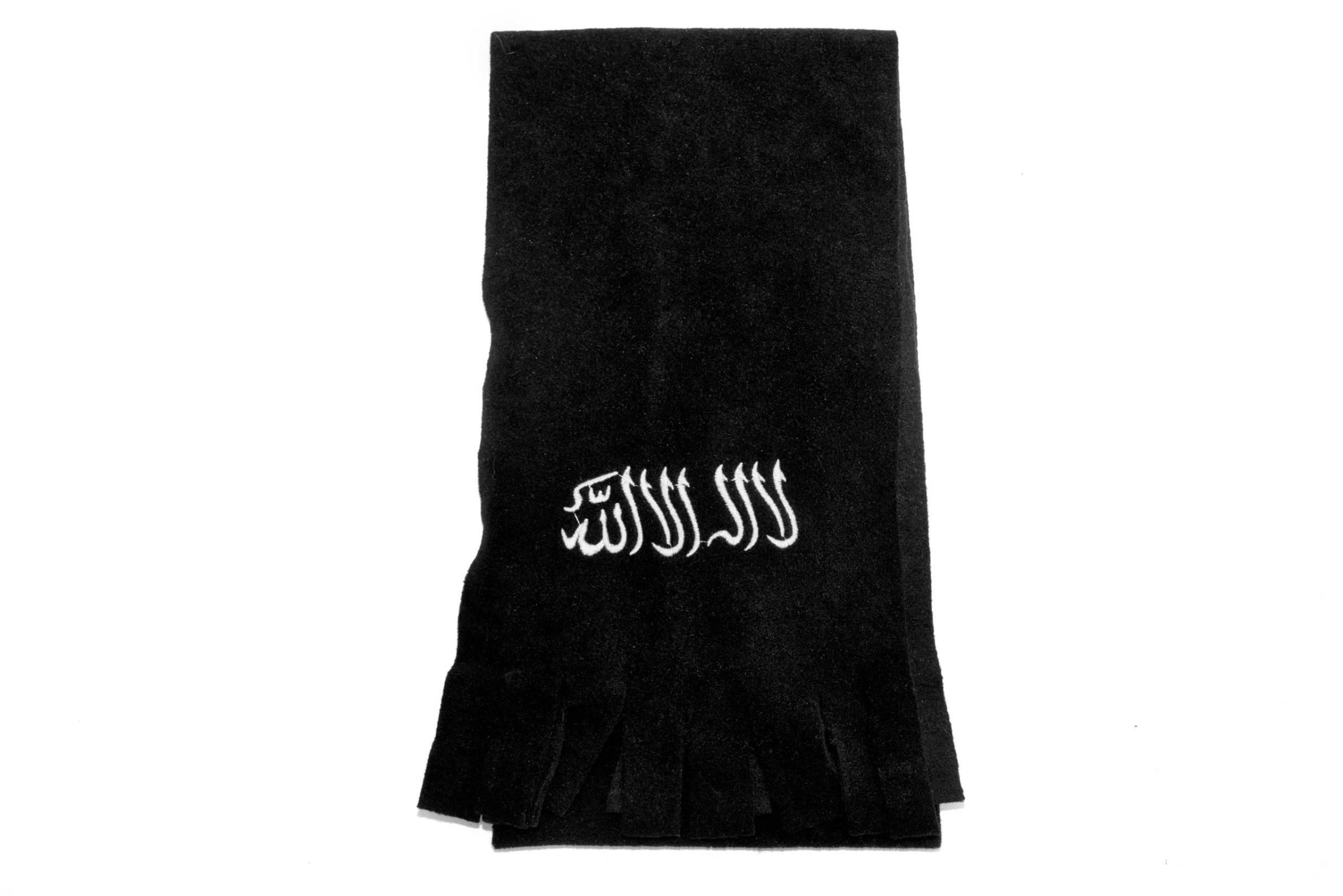
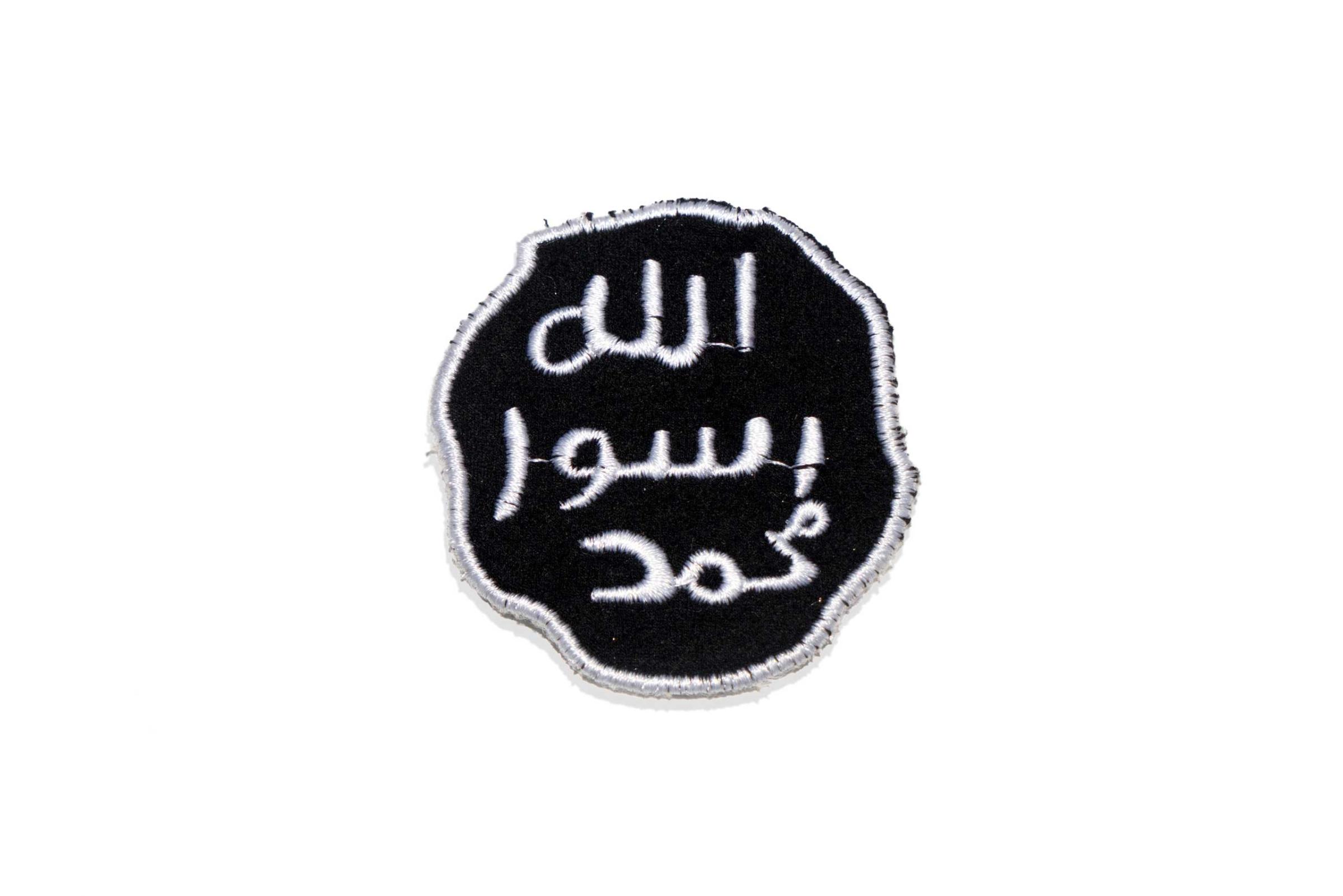
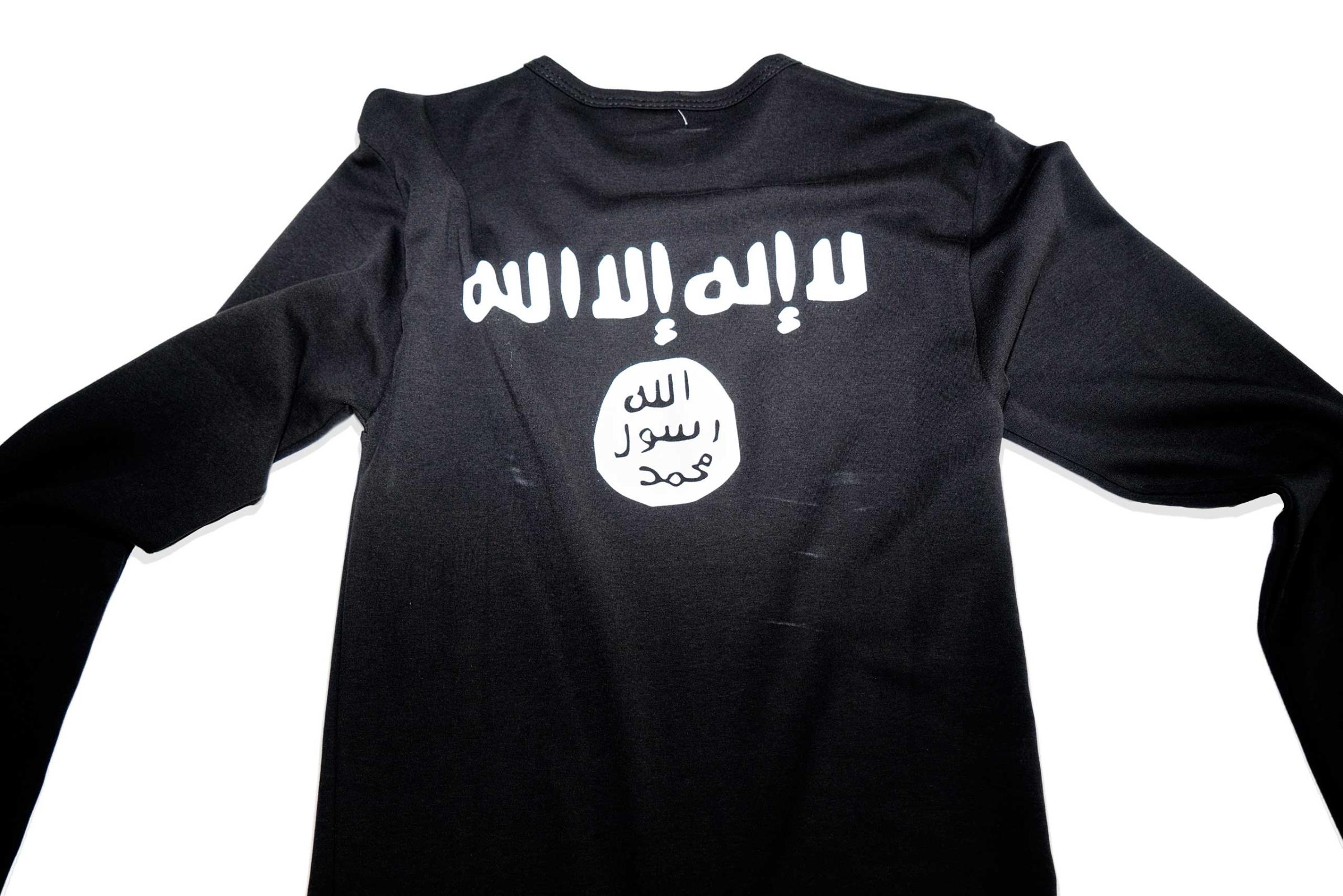



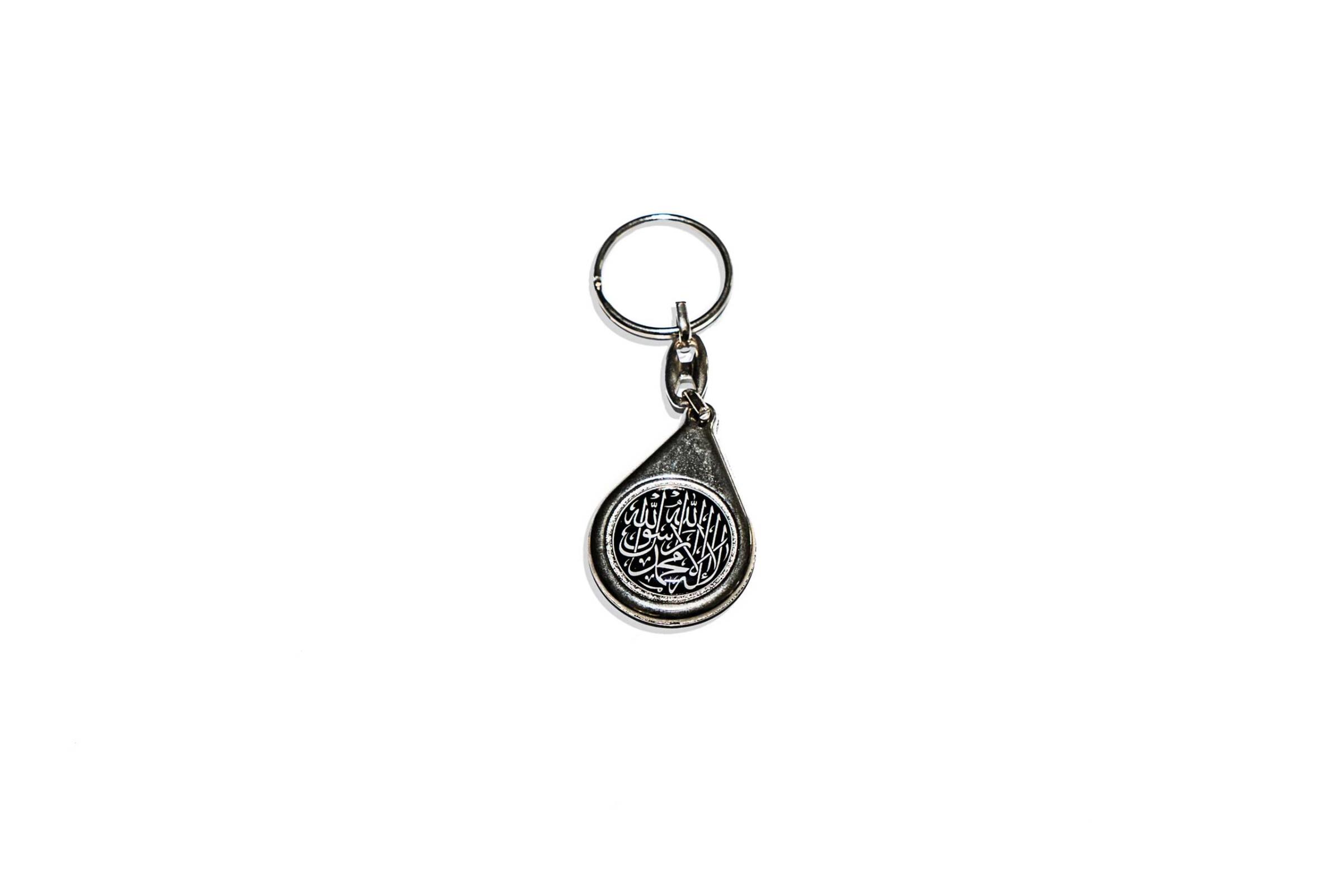
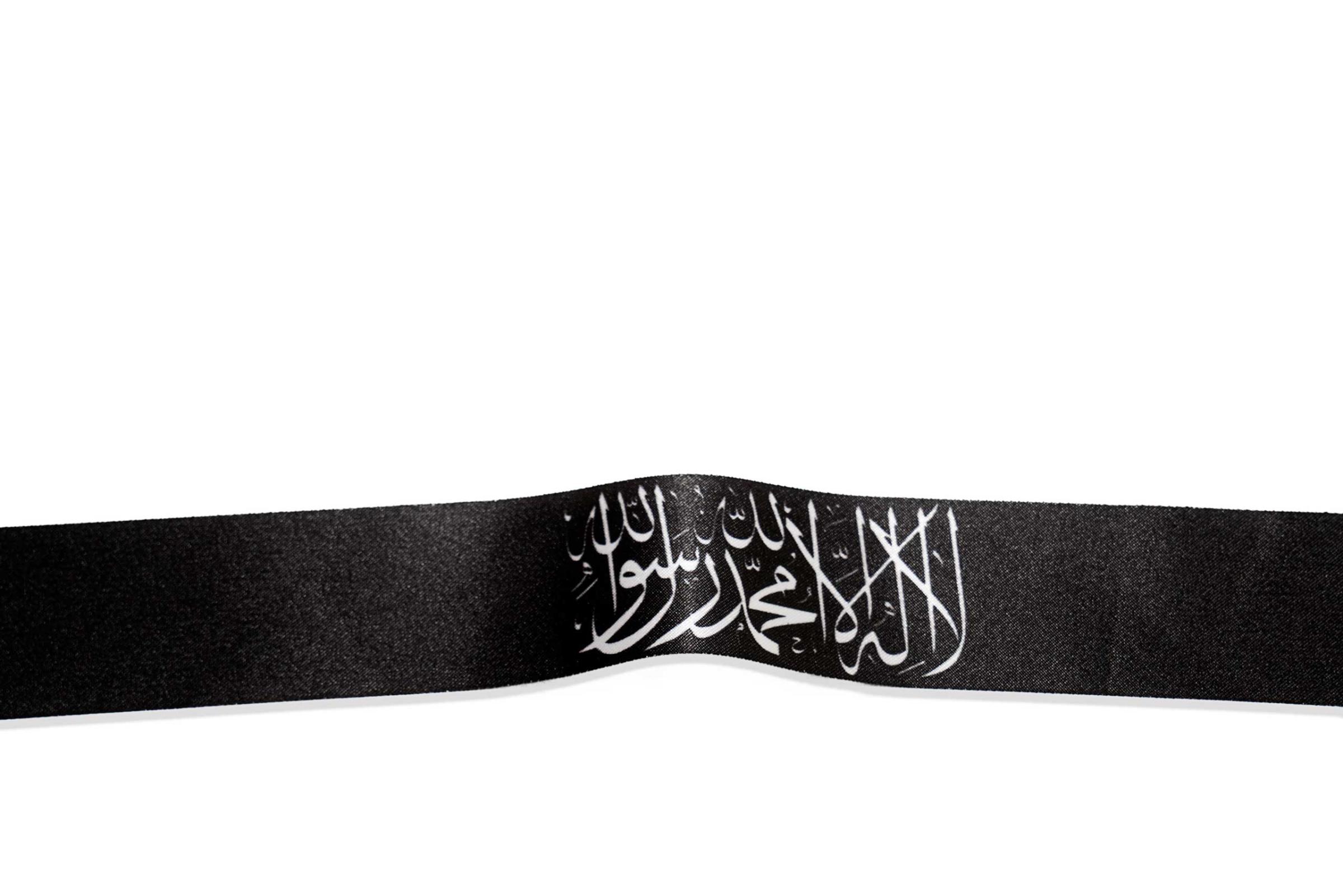


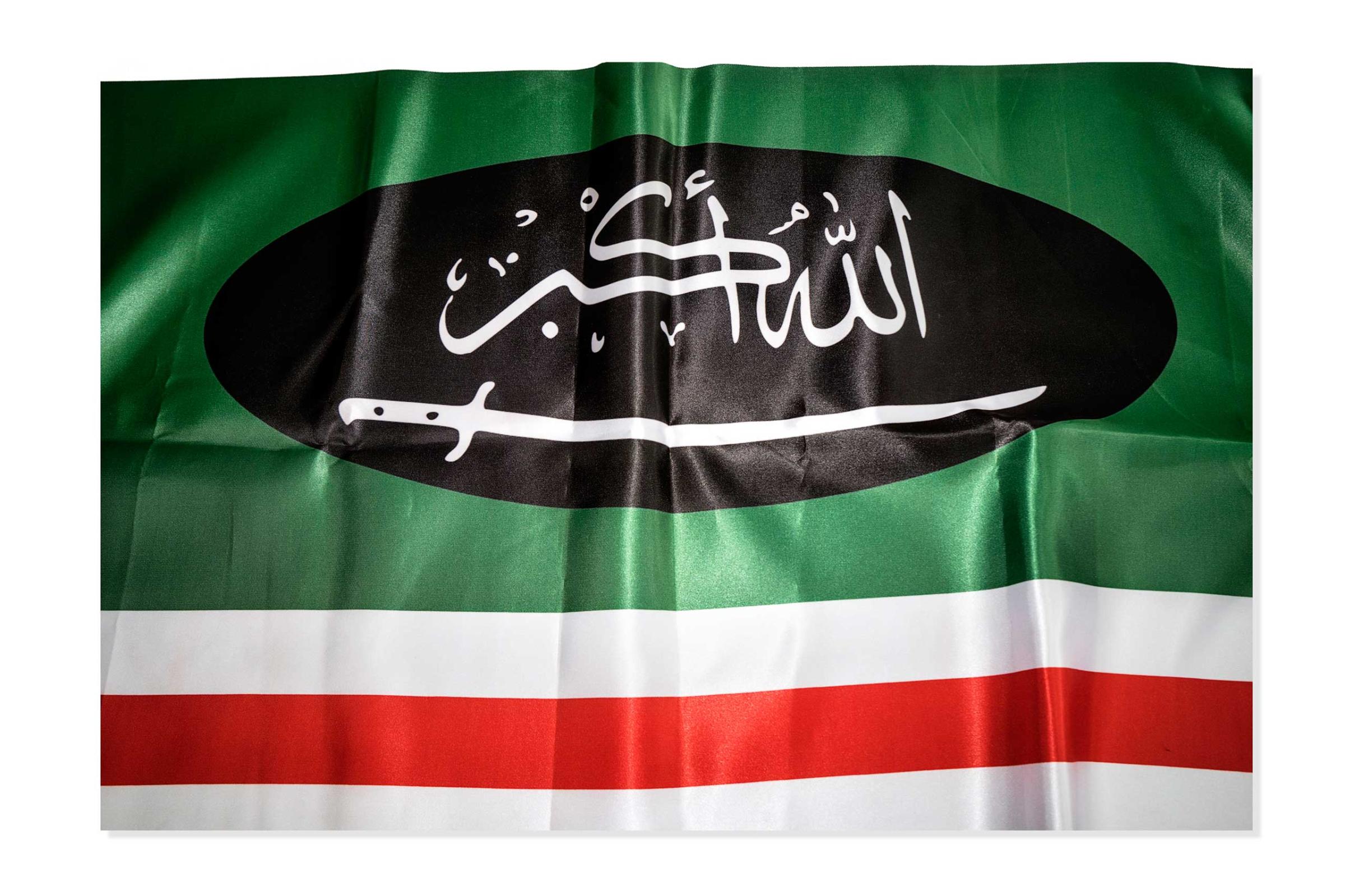
More Must-Reads from TIME
- Donald Trump Is TIME's 2024 Person of the Year
- Why We Chose Trump as Person of the Year
- Is Intermittent Fasting Good or Bad for You?
- The 100 Must-Read Books of 2024
- The 20 Best Christmas TV Episodes
- Column: If Optimism Feels Ridiculous Now, Try Hope
- The Future of Climate Action Is Trade Policy
- Merle Bombardieri Is Helping People Make the Baby Decision
Write to Naina Bajekal at naina.bajekal@time.com